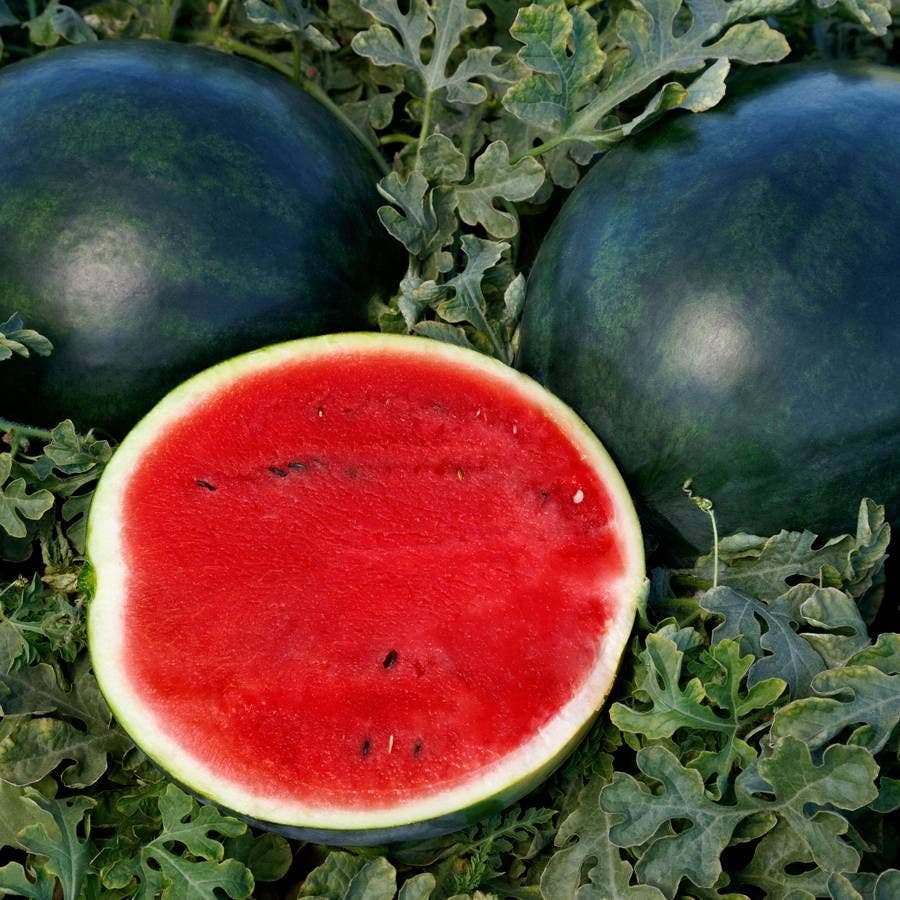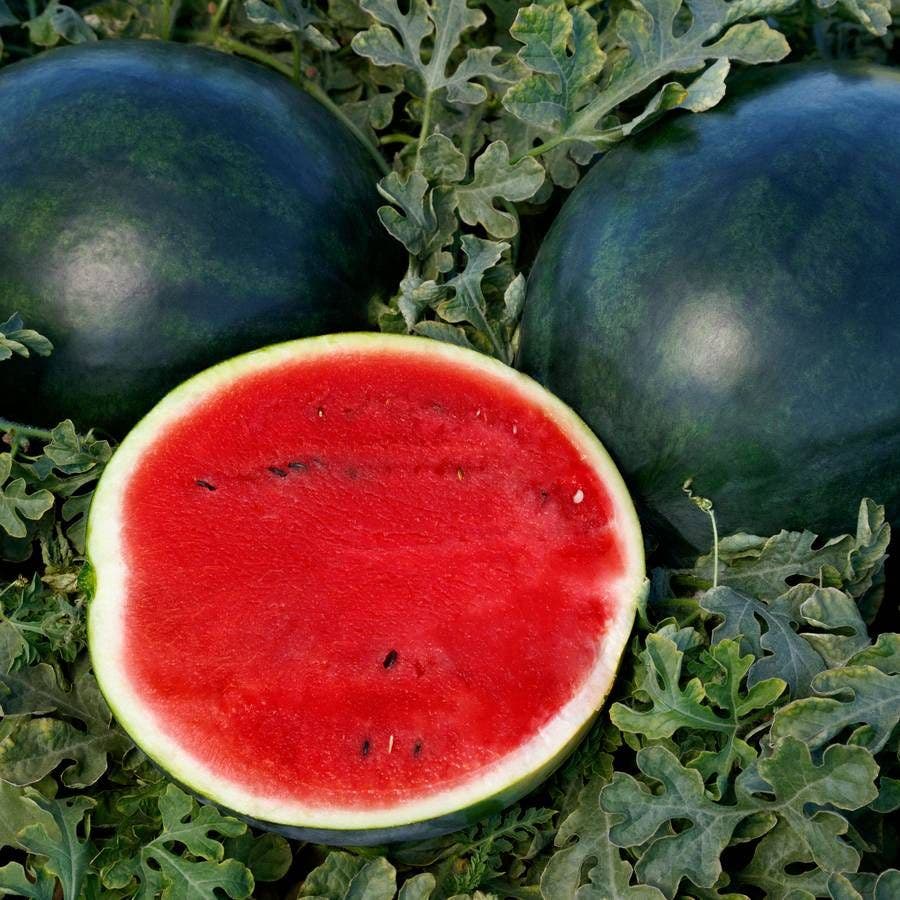Sweetie Pie Hybrid Watermelon Seeds
Sweetie Pie Hybrid Watermelon Seeds
Zone compatibility details
Understanding the Prices on Our Product Pages
When shopping on our site, you might notice different types of prices listed for products. Here’s a quick guide to help you understand what each price means:
- Regular Price: The price before any discounts, typically reflecting the median price from the past 90 to 180 days, excluding special promotions and clearance events.
- Now Price: The updated price of an item after a reduction from the regular price. Now Prices are often limited to a short time frame and offer the opportunity to save.
- MSRP: Manufacturer's Suggested Retail Price, provided by the manufacturer as a benchmark to highlight the value of our current pricing.
- Discount Exempt: Products labeled discount exempt are not eligible for discounts or promotional offers.
Please note that product prices are subject to change without notice.
Couldn't load pickup availability

Grow Zone
-
Mature Height
Mature Width
24
Sun / Shade
Full Sun and Part Shade
Bloom Size
need bloom size meta
Tomato Fruit Set
Days To Maturity
75
Fruit Weight
Soil Tolerance
Moisture
Moist, well-drained
Description / Sweetie Pie Hybrid Watermelon Seeds
Days to Maturity: 75
This dark colored watermelon has a thin shiny rind that holds a sweet and juicy interior. Usually around 13 pounds, this sugar baby type has a dark red color inside with a sweet crunch. The timing is right for harvesting when this fruit has a hollow sound and a yellow bottom.
Direct sow when the soil is warm and all danger of frost is past. If planting in the garden, sow the seeds in raised hills or rows 3 inches high. Thin to 3 plants per hill 3 feet apart, or 1 plant per foot in rows. If planting in containers, sow several seeds in a raised hill at the center of the plant, thinning to one plant per pot. For earlier fruit, seeds may be started indoors.
Some gardeners, particularly those living in cold-winter climates, choose to plant their melons through black plastic mulch, as it absorbs heat, warms the soil early, helps retain moisture, makes harvesting easier and cleaner, and aids in keeping away weeds, pests, and diseases.
Melons are both thirsty and hungry, so be prepared to water well and provide plenty of nutrients. Give them a minimum of 1 inch of water a week2 inches is better. Water in the morning, preferably with a drip irrigation system. About once a month, add several inches of compost to all root areas.
Watermelons do well in humid or semi-arid areas, but foliar diseases are less likely to occur in drier climates. They also prefer sandy loam soil, but clay soils can be quite productive if raised planting rows are mulched with black plastic film.
Female flowers are the only ones that develop melons, so don't become upset if the first flowers you see are not setting fruit. The earliest flowers are male (pollen bearing), and they can't produce fruit.
Make every effort to protect the bees during the flowering period, as honeybees are the most effective pollinators of melons. If you don't have a lot of space to grow melons, there are some varieties that can be grown in containers or up trellises. You will have to make sure you have a container that is large enough to handle the plants, and pick a melon that isn't going to get so large that it will be too much, for either a container or a trellis.
Harvesting your melons at the peak of perfection takes some experience. For watermelons, check the ground spotit will change from pale green or white to cream or yellow, and the tendrils near the stem will become dry and brown. You will also find the skin to be rough to the touch and resistant to penetration by your thumbnail.
Other melons tend to become fragrant when they're ripe. Sniff the skin, and if it smells like the flavor of that particular melon, it is probably ready to be picked. Also, with many melons, the stem will easily separate from the fruit when ripe.
You can tell when your cantaloupes are ripe by looking at the rindit will change from green to tan-yellow between the veins.
Honeydew and other winter melons will turn completely white or yellow when they're ripe, and the blossom end of the fruit will be slightly soft to the touch.
Watermelon vines hate to be disturbed. Their leaves orient themselves to the sun, and if you move the vine and disturb the orientation, it can actually set the plant's development (and fruiting) back a bit while the energy goes into slowly re-orienting the leaves to the sun.
Product Details
SKU: 52837-PK-P1
Genus: Citrullus
Species: lanatus
Size:
Light Requirements: Full SunPart Shade
Moisture Requirements: Moist, well-drained
Bloom Start: Mid Summer
Bloom End: Late Fall
Harvest Season:- Late Fall
- Mid Summer
Uses:- Cuisine
- Outdoor
- Containers
- Edible
